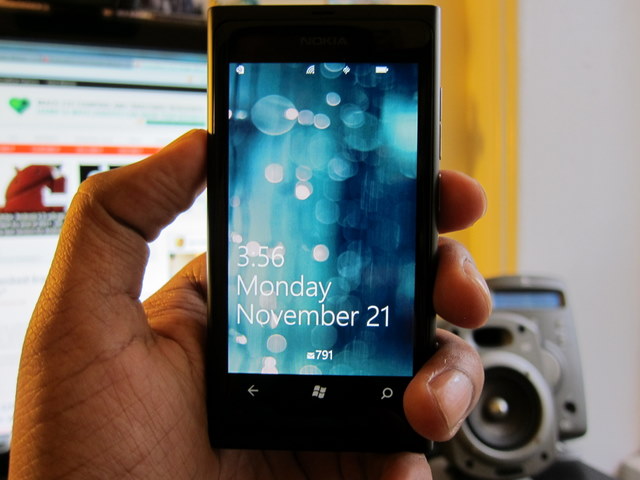
Both AT&T and Verizon Wireless are testing out 4G Lumia 800’s in their labs, reports CNet’s Roger Cheng. Carriers are usually among the first to get their hands on new phone hardware, since extensive testing is required to make sure phones operate properly within their networks.
[aditude-amp id="flyingcarpet" targeting='{"env":"staging","page_type":"article","post_id":364366,"post_type":"story","post_chan":"none","tags":null,"ai":false,"category":"none","all_categories":"business,mobile,","session":"C"}']If true, Nokia is getting a major head start on the Lumia 800’s approval process. Microsoft has been vague about when Windows Phone would support LTE technology, but it’s something carriers desperately want with new hardware since 4G is all the rage. Nokia, too, hasn’t said specifically when the Lumia 800 would be available in the U.S., even though it’s already available in Europe. (Nokia’s lower-end Lumia 710 is expected to land on T-Mobile this week.)
As I’ve recently argued, the Lumia 800 is an incredibly important device for both Microsoft and Nokia, so it behooves them to make sure America’s biggest carriers are interested in supporting the phone. AT&T half-heartedly promoted a Nokia Symbian device two years ago, but that didn’t help sales much. And Verizon hasn’t worked together with Nokia since the Finnish phone maker gave up on making devices that support its 3G CDMA network.
AI Weekly
The must-read newsletter for AI and Big Data industry written by Khari Johnson, Kyle Wiggers, and Seth Colaner.
Included with VentureBeat Insider and VentureBeat VIP memberships.
According to CNet’s sources, AT&T is, at the moment, the most interested in working together with Nokia. That falls in line with a report from The Verge last month, which said that AT&T is considering an LTE version of the Lumia 800.
VentureBeat's mission is to be a digital town square for technical decision-makers to gain knowledge about transformative enterprise technology and transact. Learn More
